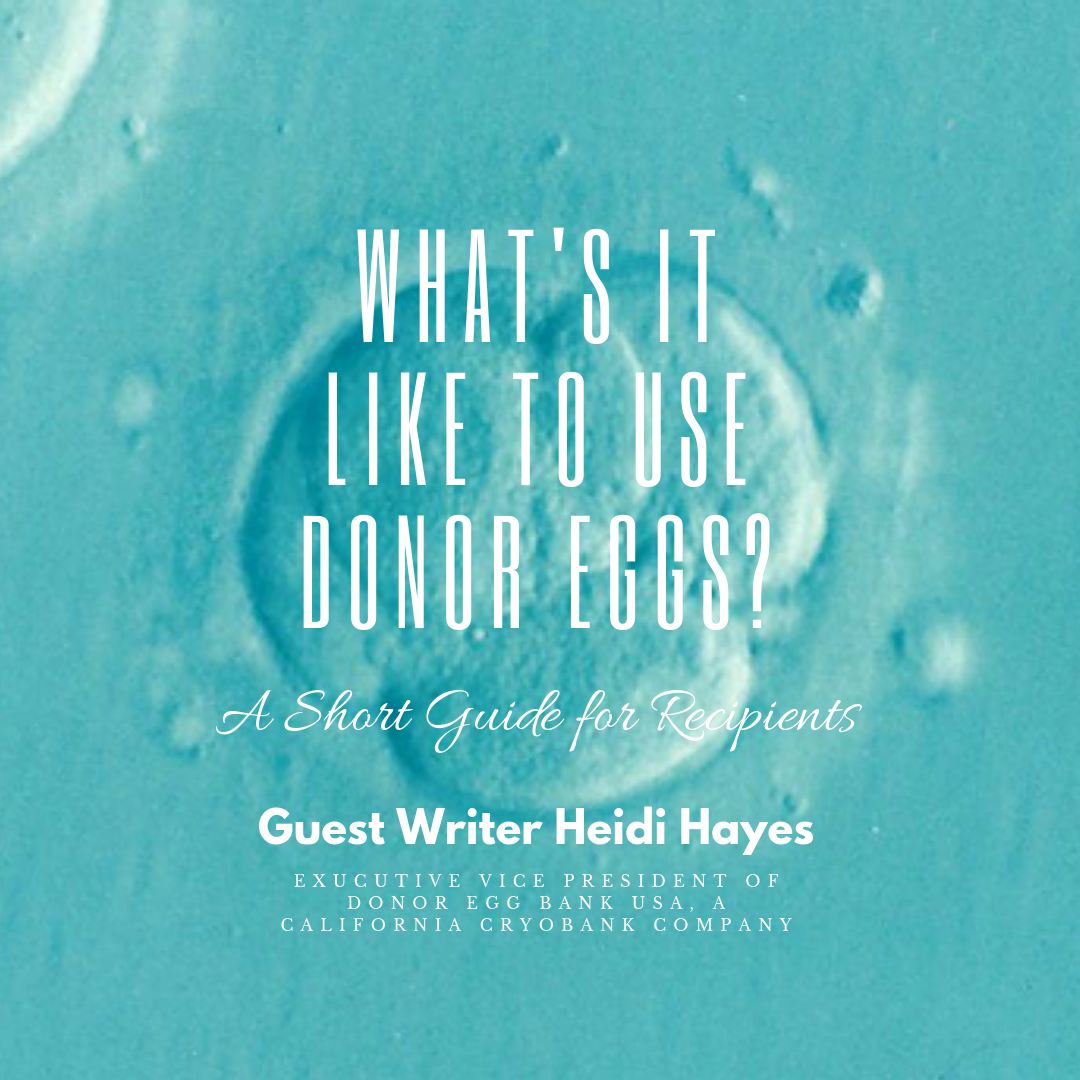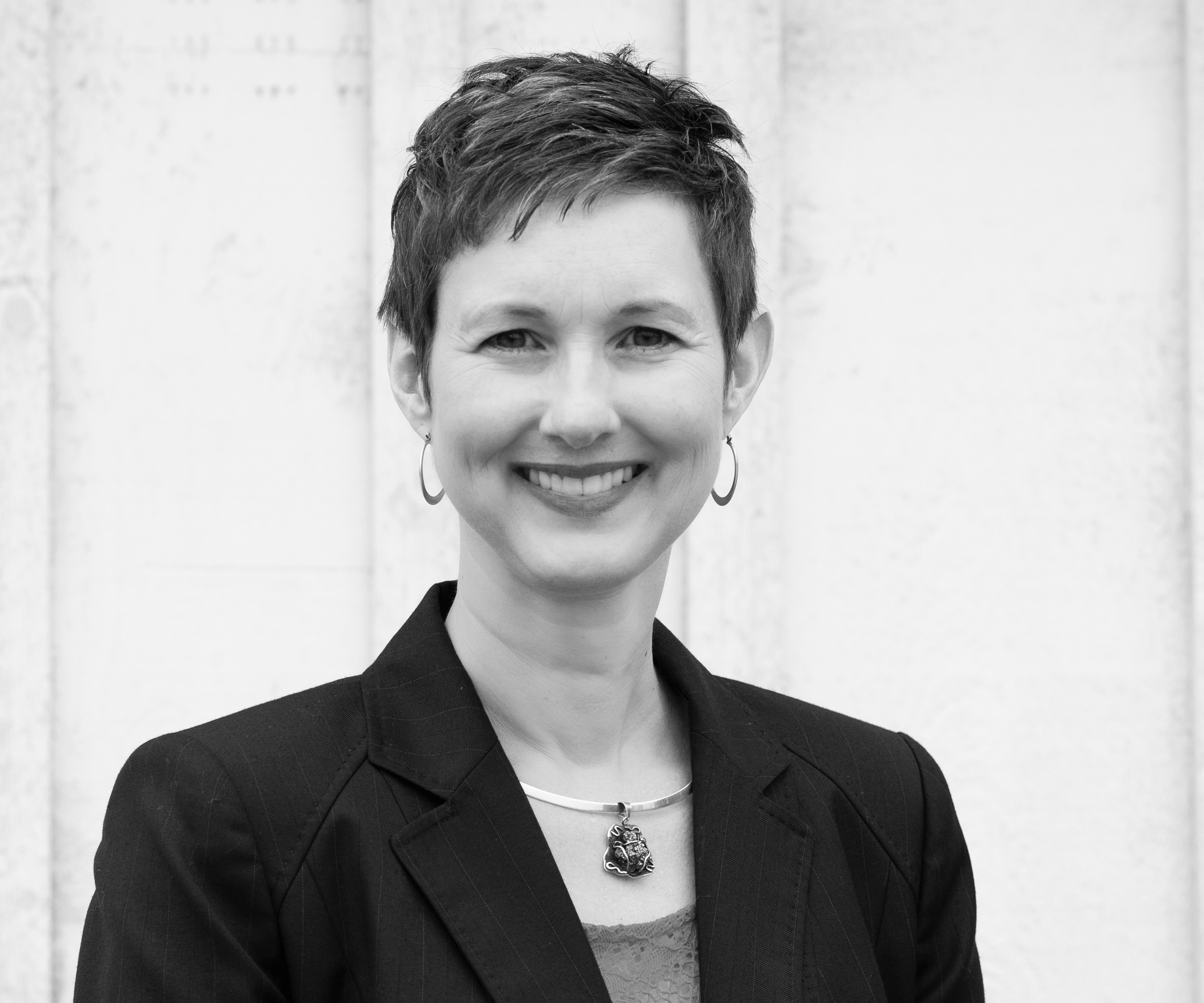What’s It Like to Use Donor Eggs? A Short Guide for Recipients

When a woman finds out her only option to get pregnant is through donor egg IVF, the realization can be daunting.
Not only is it a heavy emotional burden to bear, but trying to figure out the next best step is often overwhelming. When you take the time to understand what happens during the donor egg process, it can make you feel more comfortable about what’s to come.
Accepting Your Choice to Use Egg Donation
While making the choice to use a donor egg still allows women to experience pregnancy and delivery, there’s often a sense of loss that comes from giving up one’s genetic connection to their child.
Taking the time to work through any hesitations and negative emotions should be the first step in any donor egg IVF cycle. There is no reason to jump into something for which you don’t feel completely comfortable. Doing so could lead to emotional hardships later down the road.
It’s essential for you to take the time to mourn the child that could’ve been. Then, get excited for the possibilities of what’s to come.
What Should You Look for in an Egg Donor?
Any – and all – of these attributes are worthy considerations. It should simply come down to what’s most important to you.
One aspect of the process that can offer peace of mind, no matter what type of donor you’re hoping to find, is every potential donor is thoroughly screened. This ensure couples are receiving the highest quality eggs available.
It would be so much easier if there was a black and white answer about what type of donor you should be searching for. The fact is there’s no right or wrong answer about what to look for in an egg donor.
When starting a search, there’s a multitude of attributes to mull over.
Are you searching for someone with physical similarities? A common ethnic background? Perhaps you want a donor who has completed her education and has a professional history?
Many of the results from these screenings will be made available to you to assist you in making a decision.
Undergoing a Donor Egg IVF Cycle
Once a donor has been selected, the donor’s eggs will be transferred from a storage facility to the fertility clinic of your choosing. The eggs will await thawing and fertilization, which will take place a few days before the embryo transfer.
The first step in the physical IVF process is for the woman, who will try and achieve a pregnancy, to undergo a series of baseline tests. These tests will provide insight into her current reproductive health. Her doctor will use these results to prescribe a regimen of medications, which will work to prepare her uterus and endometrial lining for the upcoming embryo transfer. Most commonly, these medications include estrogen and progesterone.
Her progress during this step will be monitored through bloodwork and transvaginal ultrasounds.
Once the nursing staff determines her body is ready, one or two eggs will be prepared and the developing embryo(s) will be transferred into the woman’s uterus under the guidance of a thin catheter and ultrasound technology.
Two weeks after the transfer, the clinic will perform a blood pregnancy test which will hopefully yield the positive results you had hoped to receive.
Donor Eggs Might be the Alternative Fertility Option That Will Work for You
If a woman’s told she’s unable to carry her own genetic child, it can be devastating.
It’s vital to remember there are always alternative options to help you conceive a child.
DNA or not, there’s something to be said for the ability to conceive a child. The sensation of their little kicks and hiccups from inside is not easily forgotten, and the moment you bring them into the world is simply unprecedented.
Donor egg IVF can provide such extraordinary opportunities when it may feel like there are no options left. When hope seems lost, just remember the family you’ve been dreaming of might be right around the corner.

Heidi Hayes is the Executive Vice President of Donor Egg Bank USA, a California Cryobank Company. She has more than 20 years of healthcare experience and has worked extensively in the field of reproductive endocrinology. Having been unsuccessful at traditional IUI and IVF treatments, Heidi personally understands the struggles of infertility. After many years of trying to conceive, she ultimately built her family through adoption and donor egg treatment. She always believed that if she didn’t give up, her ultimate goal of becoming a parent would someday become a reality.